Testing new approaches with pilot actions

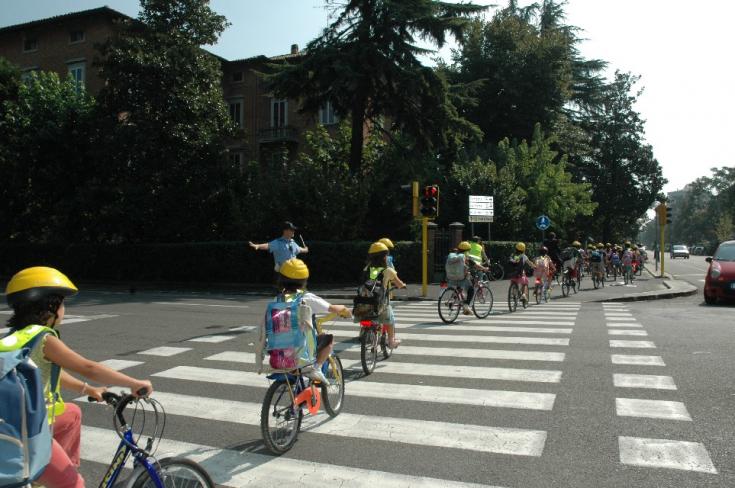
We are all about exchanging knowledge and good practices among regions. Our 258 projects organise many study visits, staff exchanges and meetings with regional stakeholders. Public authorities acquire new skills and knowledge during the project events about the different approaches adopted in other regions.
However, there comes a time when the learning process needs to turn into concrete measures. The public authorities use their new knowledge and take action in order to improve their policies. For instance, they finance new initiatives or change the way they manage their public support.
Testing new ideas
It is not always possible for a region to immediately and fully implement a good idea found in another region. Sometimes the idea first needs testing in the territory to check if it achieves the expected results there. Only then can the idea be generalised.
For such testing, we offer our projects the possibility to implement pilot actions. As of April 2020, our monitoring committee approved a total of 69 pilot actions. A total of 103 partners from 64 regions all over Europe are implementing the actions:
- 19 are helping to foster innovation in Europe,
- 8 will lead to better supporting schemes for SMEs,
- 24 accompany the transition to a low-carbon economy, and
- 18 contribute to the preservation of natural and cultural heritage and to a better management of resources.
We support the pilot actions with EUR 3.1 million ERDF. We expect that their impact will be great at the regional level, because they act as a leverage for further projects and funding.
Pilots in action
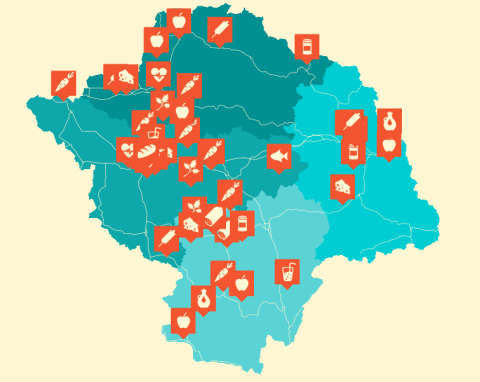
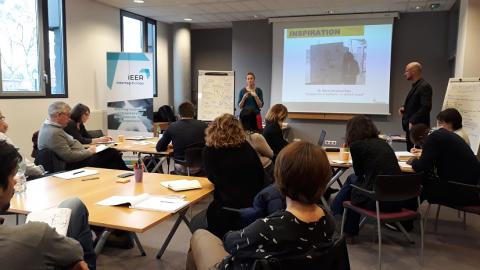
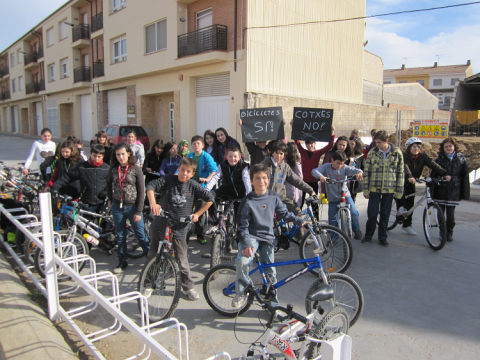
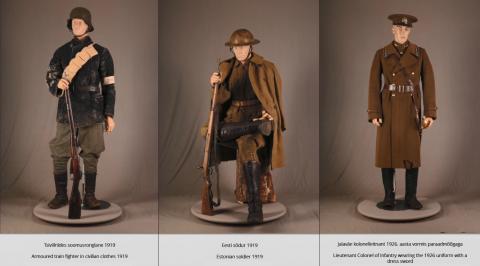
Finally, in the CD-ETA project, the Estonian War Museum in Viimsi will test the 3D modelling of rare and fragile heritage artefacts, following the techniques of the Italian Foundation for Research and Innovation. The goal is to increase the uptake of 3D modelling in Estonian museums via ERDF co-financed projects.
These are only a few examples of how the learning gained in a project can be tested in a region and hopefully bring about long-term impact. The examples also show the variety and richness of the pilot actions we in Interreg Europe support. Download the